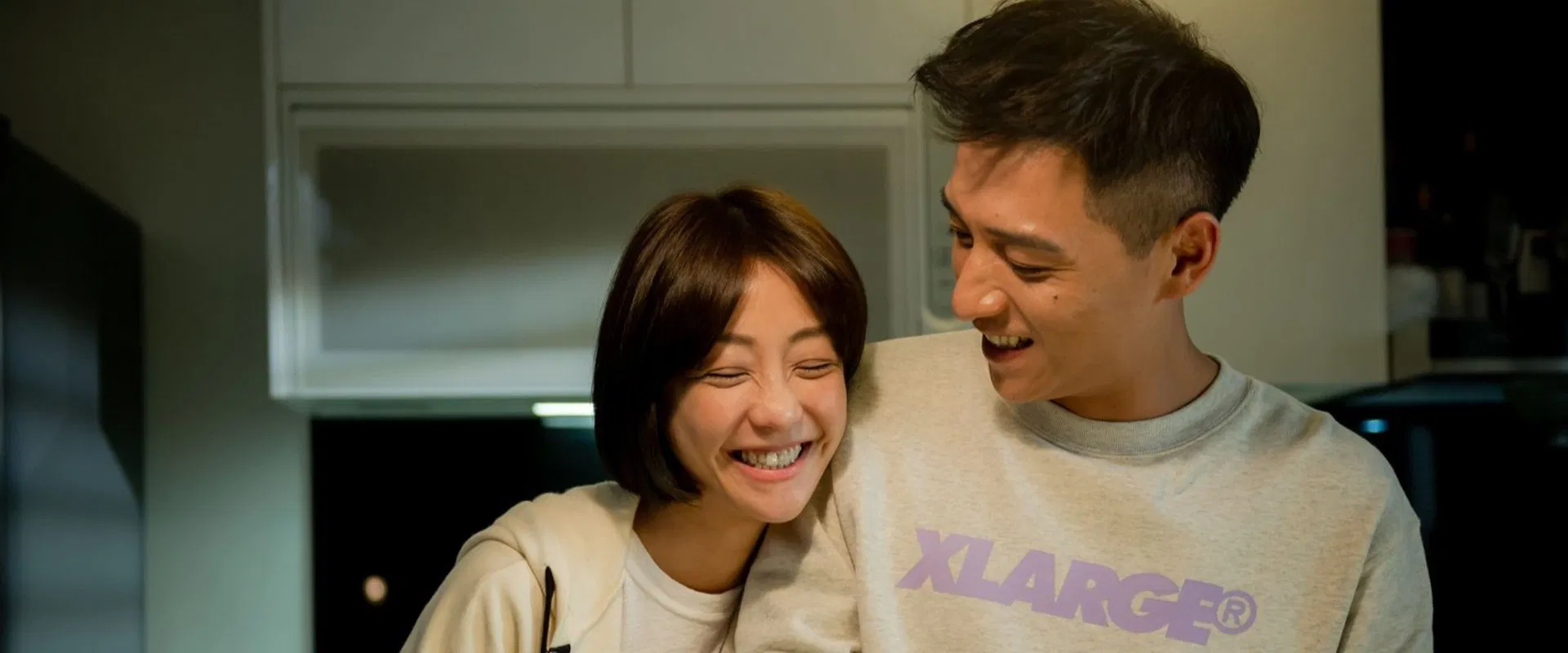The gangster film has long been a proving ground for young countries and unsettled hearts—an arena where braggadocio and blood, pride and punishment, come clattering together under the guise of masculine ritual. But with Gatao: The Last Stray, director Jui-Chih Chiang offers something rarer: a film that embraces the genre’s traditions only to sidestep its usual temptations, trading operatic violence for introspection and carving out, amidst the noise, a corner for genuine feeling.
This is the third slice of the Gatao saga, a franchise as eager as any to mythologize the codes of Taiwan’s organized underworld. Yet if the first Gatao film was pure pulp—sweaty, melodramatic, and swollen with tragic obsession—The Last Stray heads in the other direction, away from stormy declarations and toward a kind of hesitant, almost reticent emotional honesty. Here, romance is not delirium but a kind of gentle ballast, as steady and unsentimental as drifting rain.
The plot—a gang member, Qing (Rexen Cheng), torn between the ragged loyalty demanded by his brotherhood and the uncertain affections of Xiao Qi (Nikki Hsieh), a photographer whose warmth is never swallowed by sentimentality—traces entirely familiar routes. The film barely bothers to conceal its trajectory. The wounds are the usual ones, and the stakes never flicker with true unpredictability. But Chiang wisely leans on human texture: the messy, heartrending friction of people trying to love, or at the very least, to understand one another in the margins of violence.
Rexen Cheng’s performance is quietly revelatory. As Qing, he shrugs off the fussiness of the genre’s self-pitying thugs but never retreats to stone. He moves with the slow, bruised tenacity of a creature who’s known too much brutality and discovered that survival is not a matter of deadening feeling, but of learning how to bear it. Cheng lets the film’s best image do his talking: a shark haunted by forward motion, wordless but alive, relentless even in silence. His face, often caught on the edge of shadow, seems to hold a storm at bay.
Nikki Hsieh, as Xiao Qi, brings a shimmer of melancholy wit—her return of the “You like me, don’t you?” from I WeirDO is not just a wink to fans but a thread of tenderness pulled through a viscous world. She glows with a sort of tragic hopefulness, the film’s necessary light. Around them, Samuel Ku’s Toby adds a twitchy, lived-in eccentricity; it’s a canny stroke to deepen his backstory, suggesting that even the most unreliable sidekicks can contain secret reserves of pain and loyalty. This is not a gallery of hardboiled types, but people marked by their own small torments, carrying their wounds as if they were birthrights.
Chiang’s direction skews spare—there’s no grandstanding here, no fever-dream bravura à la Wong Kar-Wai or the lurid stylizations of Johnnie To. The camera doesn’t drink in neon or grind the city to pulp. Instead, the nights are rendered in simple, tidy compositions, relieved only by a few fevered moments: an overdose spins the world out of joint, a shootout sags with weary inevitability. It’s almost chaste in its restraint—sometimes to a fault. In crowd scenes, the focus dims, and you can feel the edges of the frame growing fuzzy; the chaos, instead of enveloping us, feels safely quarantined at arm’s length. There are times one wishes for a bit more visual risk—a stray lyricism or venom.
The script treads lightly—efficient, spare, and perhaps too deeply in thrall to genre conventions to ever truly surprise. Dialogue arrives edged with emotional fatigue: characters mutter secrets to the night air, and pain is worn like a second skin. Melodrama simmers but rarely boils. There are expository stilted patches, and not every line can resist a slide into cliché, but the emotional crescendos—Qing’s taciturn leave-taking, the little jolts of sympathy between broken men—ring authentic if slightly faded around the edges.
The real achievement here is tone. Where so many gangster films lurch toward operatic tragedy or nihilist doom—think the hyper-macho posturing of Monga or the hollowed-out fatalism of A Heroic Gangster—this film leans on the subtler wisdom of moving forward. It gently subverts the genre’s testosterone-addled reliance on revenge, finding—if not forgiveness—something close to understanding. Love becomes resilience, never grand sacrifice, and moral ambiguity replaces the bright red certainty of vengeance.
But if some films carve their legacy in thunder, Gatao: The Last Stray whispers. The victories are minimal, the pain permitted to trickle rather than pour, and the film’s most striking image—the perpetual motion of the shark—serves as a bittersweet motif for a world where standing still is not an option. It never approaches the operatic richness or searing tension that made the second Gatao film the franchise’s high-water mark, but instead, offers a contemplative coda, a slow exhale.
If there is a flaw here, it is a kind of modesty—the refusal to risk more, visually or narratively. The film seldom strives for the blazing originality of a City of Sadness or even the scrappy romanticism of its own earlier self. Yet for its restraint, it achieves a muted sort of grace, a thoughtful patience with people and the burdens they drag behind them.
I left the film both soothed and vaguely unsatisfied—moved by its decency, but aware that, like its shark, it cannot quite stop or change course. For those willing to listen closely, and to look past the predictable plotting, Gatao: The Last Stray offers a measure of hope and social insight rare in gangster cinema, even if it rarely explodes into the full elegy it hints at becoming. A genre film for grown-ups: less an underworld fable, more a study in scars and steady hearts.


